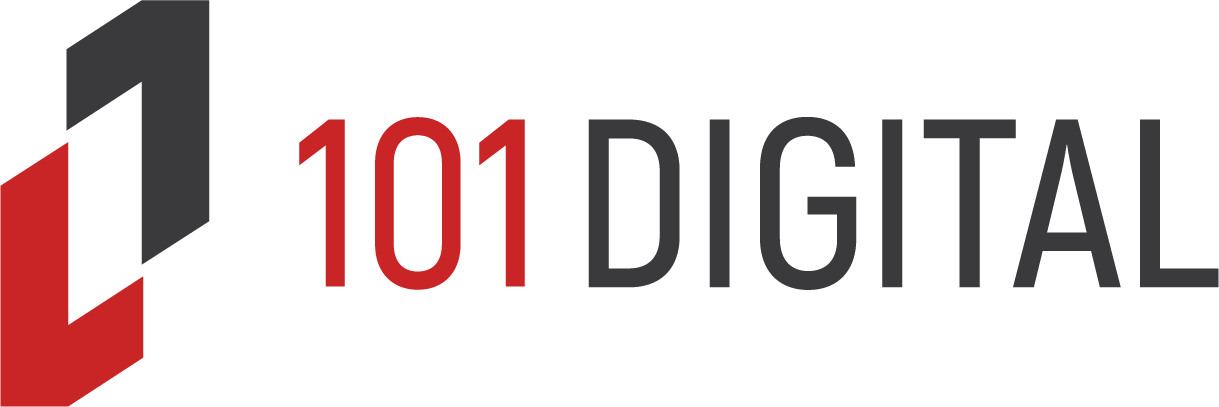There are several factors to consider when it comes to placing filters and other website restrictions in your company’s workplace. Considering which websites should and should not be allowed during work hours can be a thorny and even emotional issue for you and your co-workers. For employers and supervisors the key reasons for filtering websites is so employees maximize their time at work and heighten company’s digital security. Management can of course run the risk of being overbearing and too censoring if their web filters are considered too strict. So then, let’s consider what amount of web filtering is ‘just right’? Here we will look at some D’s and Don’ts when it comes to filtering your employees web browsing.
Do: Filter out any websites that contain adult material.
This is may appear like the most obvious no-brainer. However, many companies do not do this as they think employees can be trusted and would never put the company in a compromising position by accessing adult material while at work or using company technology. But, you would be surprised at how brazen some employees are. Just filter it anyway.
Do: Filter out download sites.
Torrent sites of years gone by are still in existence and are still major cesspools of viruses and other nasty security attacks. Filter these websites out for sure and remind employees to avoid them like the plague. As always, everything has a cost. That download of the latest movie looks free but is likely bundled with malware.
Do: Filter out streaming websites.
Netflix, Hulu, Disney + (the list is ever growing) will hurt productivity. They are a killer for socializing too. No one wants to work somewhere where the lunch break is spent in front of the TV (essentially). Employees should be getting off their screens, enjoying conversation, eat together and have fun.
Music-streaming websites are different though. You may want to allow these as it has been scientifically proven that music can be beneficial to many workers, allowing them to focus more.
Do: Block out game websites.
We’ve all seen The Office and see the characters sitting at their desks playing Solitaire or Minesweeper (however you play it), but gaming has progressed much and has the potential to be far more distracting to your employees. Filter out these websites as there really is little employees can argue for them not to be.
Don’t: Filter out content that has low-level or harmless humor.
Employees enjoy memes, funny gifs and videos. They add a collegial, light-hearted tone to the office environment that can get dull for them at times. There’s nothing wrong with a short video of cats causing mayhem around the house being shared around.
Don’t: Filter content that has context for where you work.
For example, schools will have heightened web filters for content they obviously don’t want kids accessing. But one area that has been added to that list of filtering is content associated with firearms, obviously because of the link between such content and school shootings. Similarly, medical content is filtered out by many schools as students get grossed out by blood etc. But if your company were to have clients in the medical field or were weapons manufacturers, your employees would need access to that content.
Don’t: Filter out content that is political.
Even though political tensions are running high, filtering out such content with the intent of keeping decorum in the office is not a good idea. People will have their opinions regardless, but filtering out political content has the potential to create HR nightmares in terms of infringing free speech. If the content is not violent or racially insensitive in nature, it would be best to just allow it through your filters.
Don’t: Filter websites that fall in the social media category.
Especially if your company uses it frequently. It’s a risk you will need to run unfortunately. While it is well known that social media websites are major culprits when it comes to killing workplace productivity, it is also crucial to the marketing and communication arms of most companies. Filtering out those websites is going to be counterintuitive in most cases, and while productivity might suffer, it’s a battle most won’t win.
As you’ve probably realized, there is no magic prescription as to how much website filtering your company should have. Instead, reflect on what goals and values you as a company have and expect from your employees. It won’t be clear immediately, and you might find your website filtering will need adjusting over time, but it is important to get that level right. The team at 101 Digital works as a trusted partner to constantly monitor and manage security settings like these. If you’d like to talk about implementing a plan or reviewing, reach out to us!
